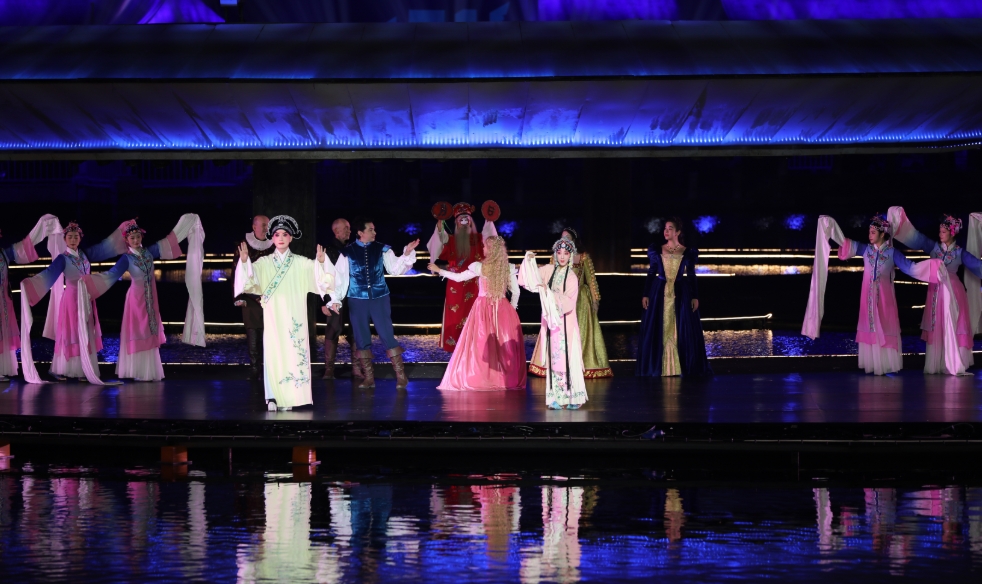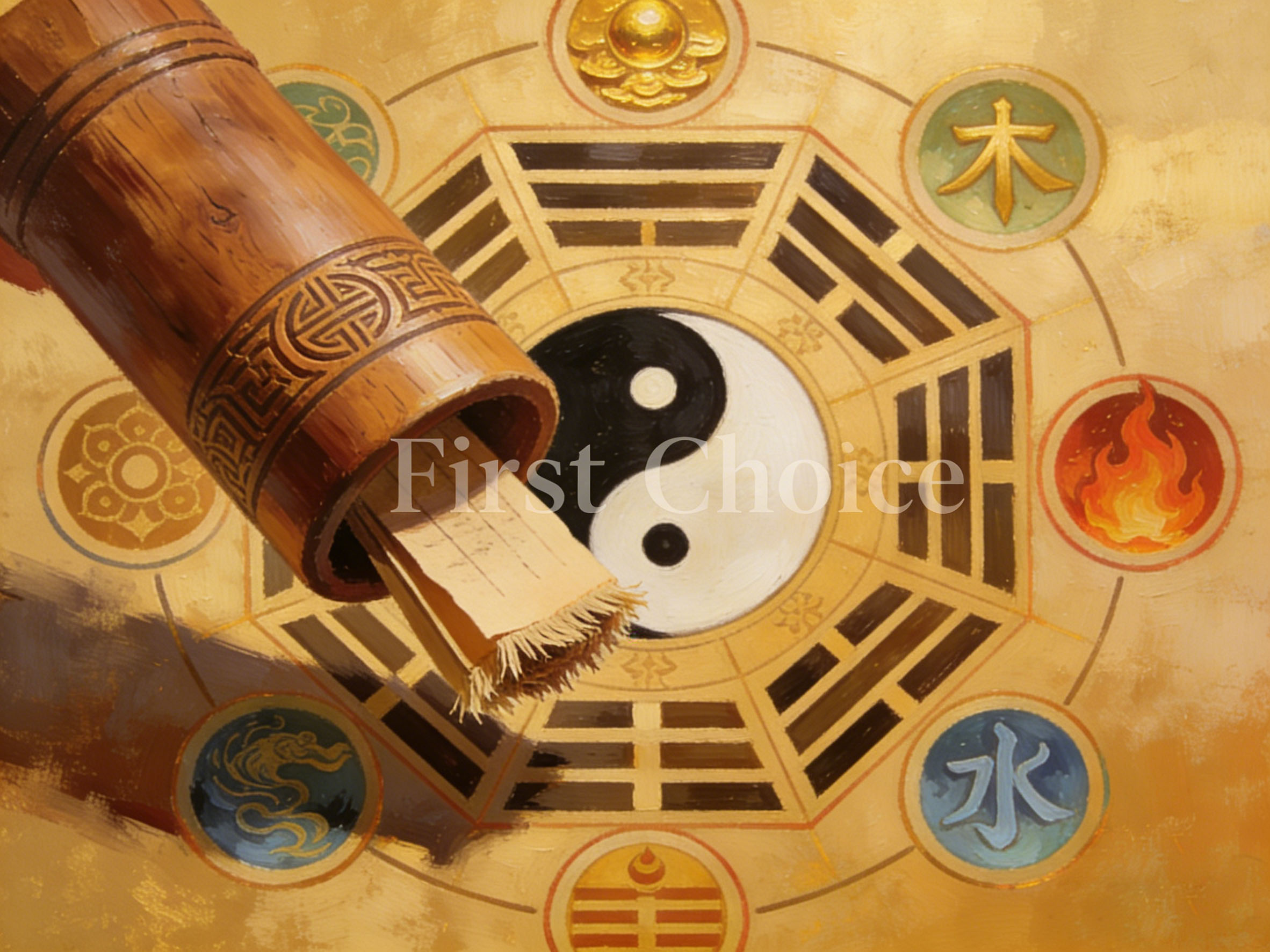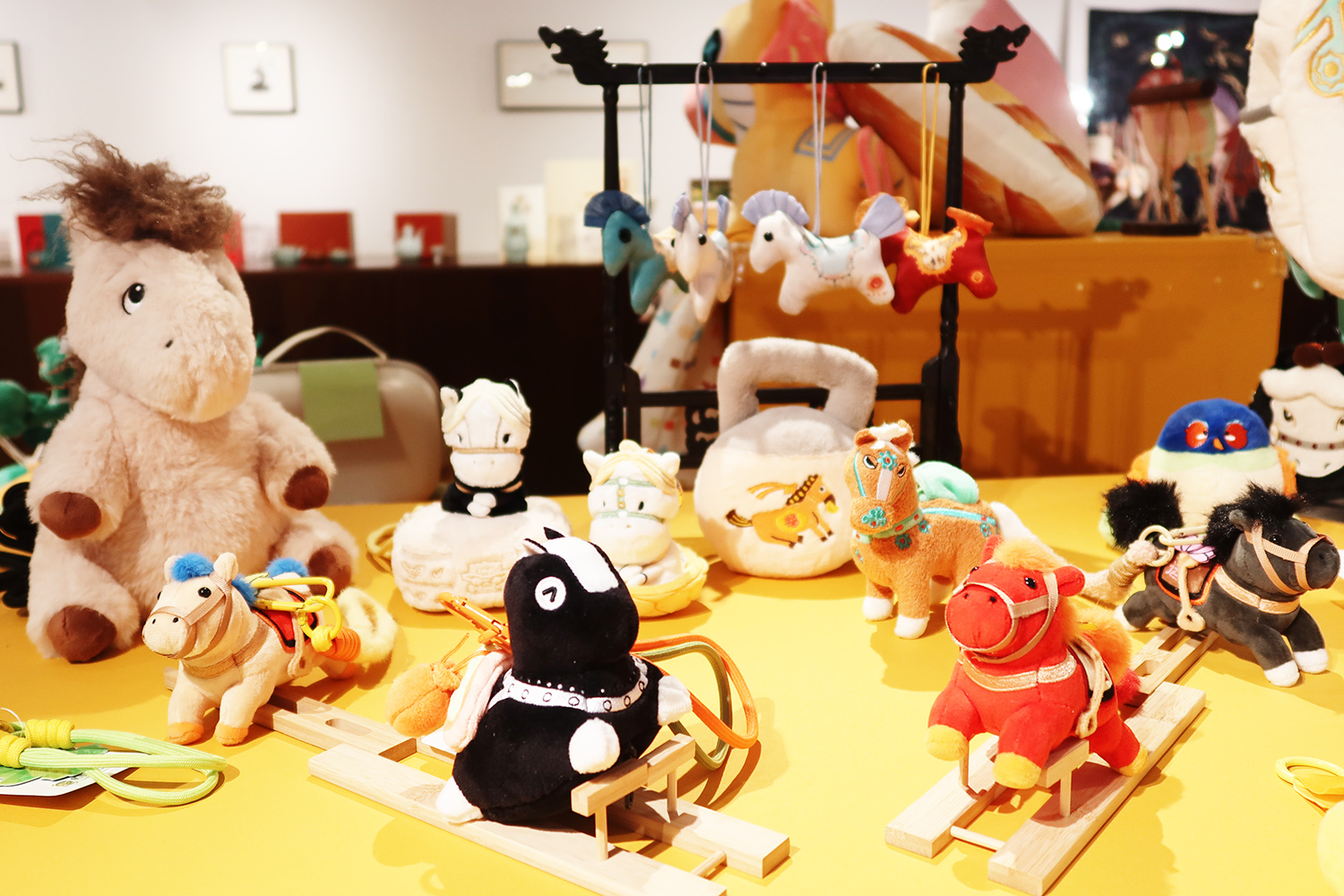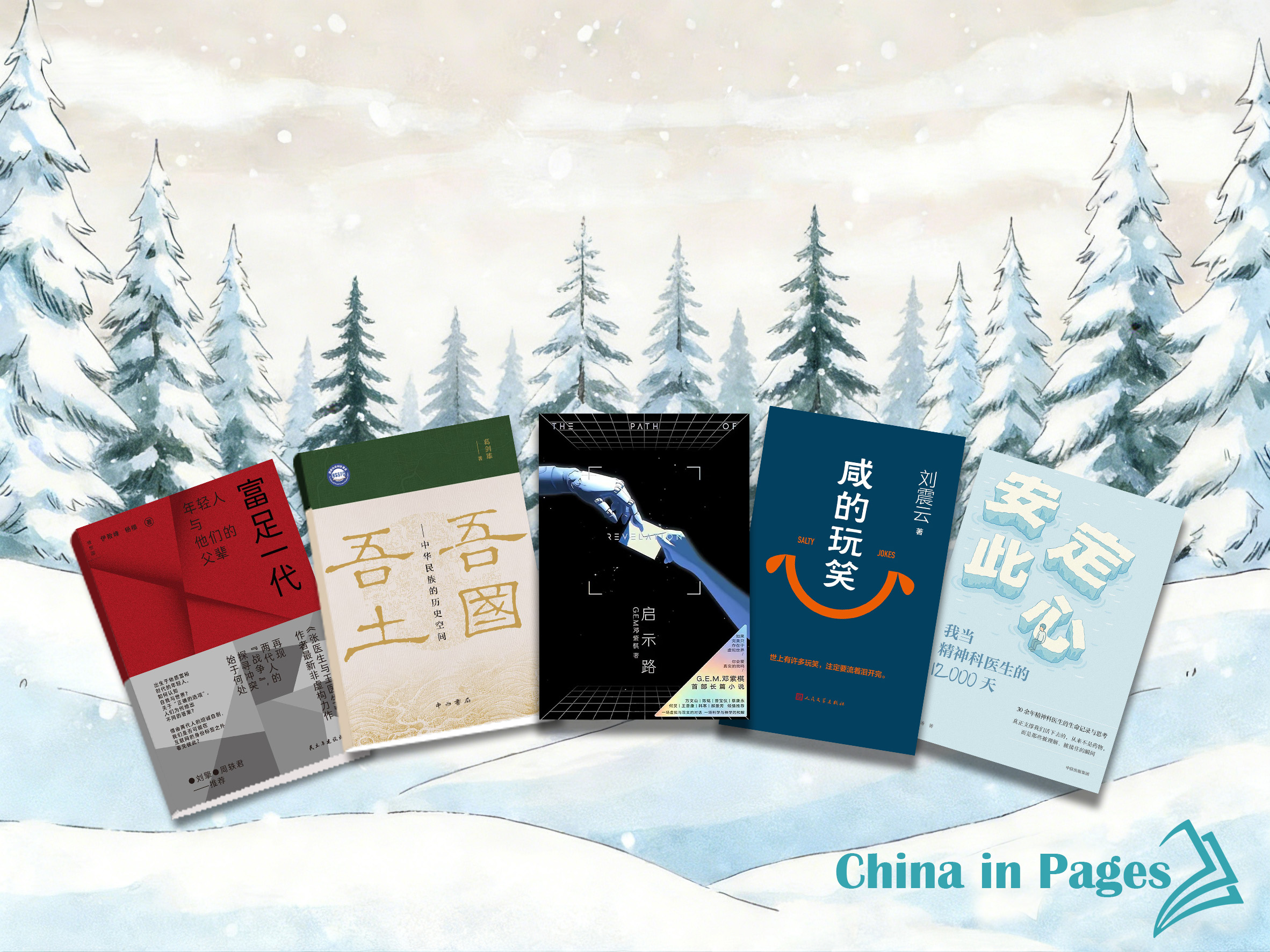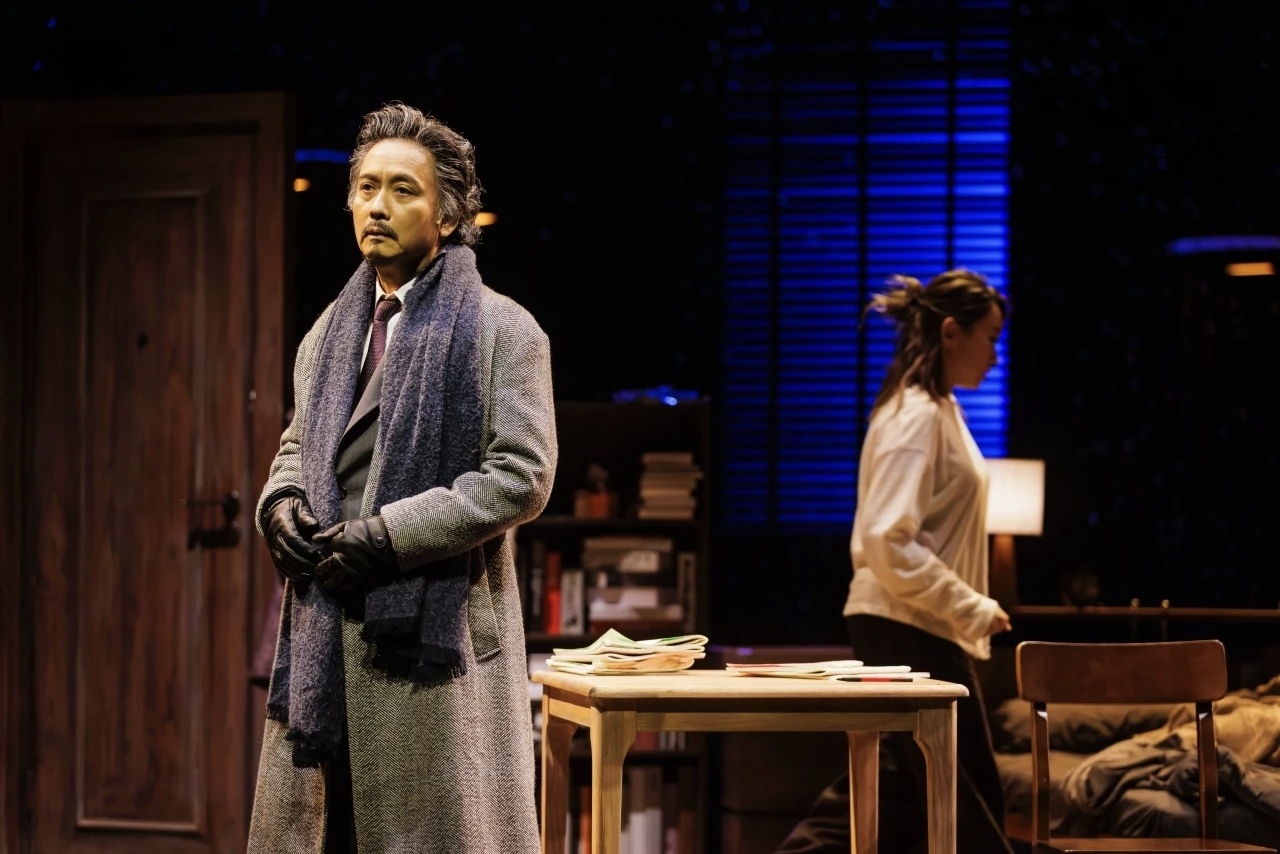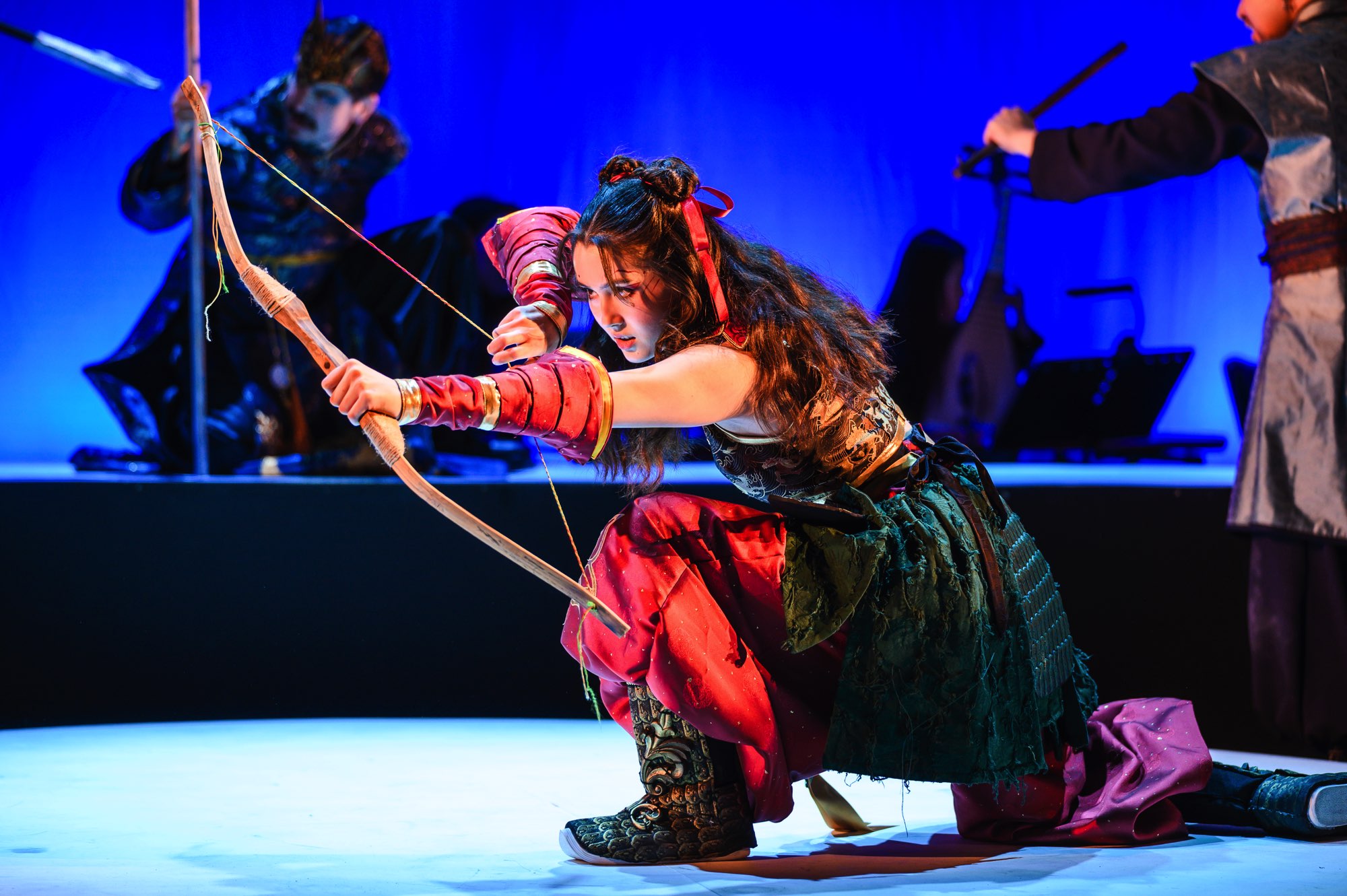British and Chinese youth participated in a dialogue focusing on Tang Xianzu and William Shakespeare’s literary legacy.
“Love once begun, will never end” “The course of true love never did run smooth” … These timeless lines from Tang Xianzu and William Shakespeare echoed through the event of “Legacy of Tang and Shakespeare: A Youth Dialogue” recently held in Fuzhou, Jiangxi Province.
At the event, young performers from China and the UK brought to life The Peony Pavilion and A Midsummer Night’s Dream in Nanke on the same stage.
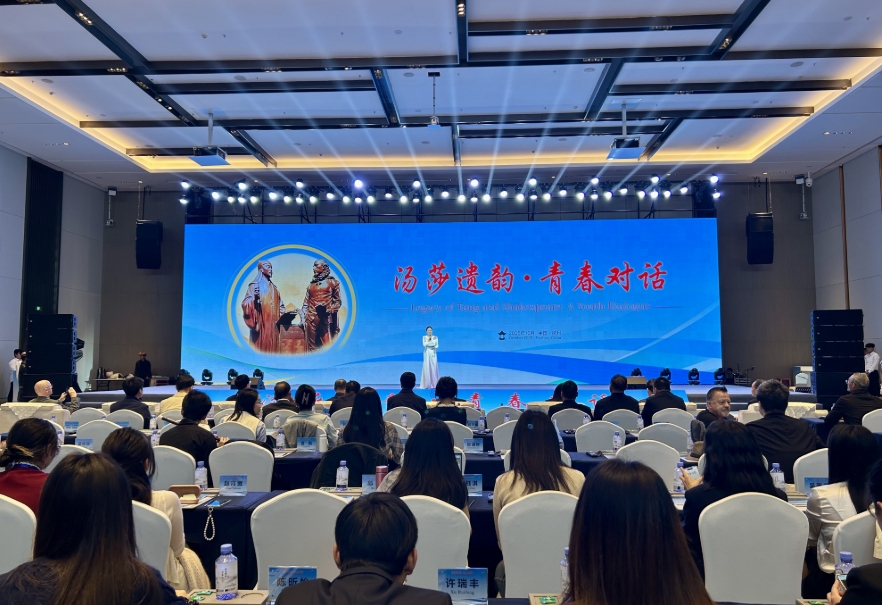
Kirsty Helen Farrow, an actress who spent months preparing for the performance, told China News Service that the English version of The Peony Pavilion employs iambic pentameter and carries the distinctive charm of Shakespeare’s plays. It breaks down language barriers by integrating Western and Chinese theatrical cultures, supplemented by action, dance, and music.
Liberty Miles Odell, a student from the Shakespeare Institute of the University of Birmingham, played the role of the Judge. He said that both sides exchanged ideas and broadened their horizons during cooperation. He believes that young people, as the main group in cultural exchanges, can break down inherent prejudices and communicate on an equal basis.
The city of Fuzhou, Tang’s hometown, and Stratford-upon-Avon, Shakespeare’s birthplace, have been sister cities since 2016. In recent years, the two cities have been continuously deepening people-to-people exchanges and cultural interaction centred on the two masters.
When Tang Meets Shakespeare: A New Theatrical Form
Professor Michael Dobson, Director of the Shakespeare Institute, encountered Chinese opera in the 1990s during his lecture tour in Beijing. He noticed that the audiences of Chinese operas performed in Europe were mostly Chinese. “For local audiences, Chinese opera—though colourful and exotic—is difficult to understand. They don’t understand Chinese, so they can’t understand the meaning behind the water sleeves or the tunes. To them, Chinese opera is only an ‘exotic spectacle’ rather than a work that can touch people’s hearts,” he explained.
Professor Dobson said that Tang’s works have achieved a breakthrough by leveraging Shakespeare’s influence and are becoming known by more people. The combination of the two creates a form of theatre that is impure but full of ingenuity. “This is exactly what we are doing — we have a Chinese actress playing Du Liniang, an Irish actor playing Liu Mengmei, and an American actor playing Du Bao. We hope this will become a model for cultural dissemination and mutual learning between civilisations.” He added.
Ke Jun, chairman of the Jiangsu Dramatists Association and a renowned Kunqu opera artist, believes that the dialogue enables people from different cultural backgrounds to communicate and strengthen friendships.
“Just as over 400 years ago, when Tang and Shakespeare were creating their works under the same sky, and looking at the same moon — that’s truly beautiful,” said Farrow.
Written by Sha Liu, additional reporting by Ecns.cn.
If you liked this article, why not read: Yue Opera Performance Shares the Love from Zhejiang to London

